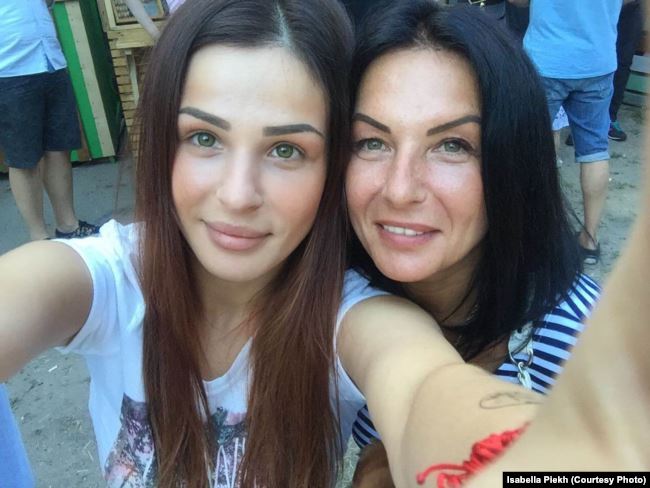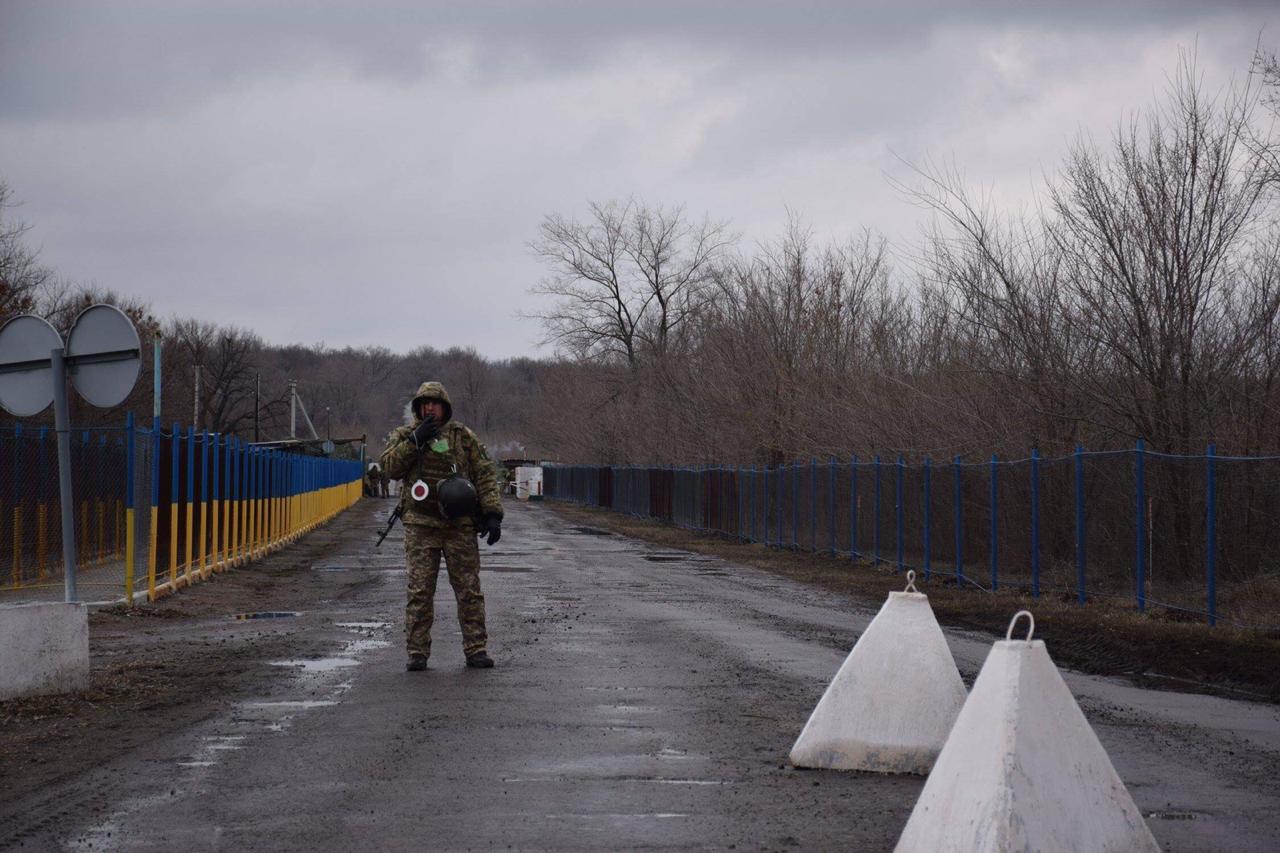Olena Piekh was tortured, forced to sign a confession of "high treason" to a DNR (Russian-run "Donetsk People's Republic") armed group, and a "court" sentenced her to 13 years in prison. The woman emerged on exchange lists several times but to no avail so far. Recently, Izabela even approached the Jewish community seeking more help. However, nothing yielded results for the time being, and Olena remains behind bars in the Russian occupied town of Snizhne.
“She called me about three days ago, it was a ten-minute conversation. I know that she still has problems with her legs, that she was given access to medicines. But those are of no help - you know, the [Vietnamese] Golden star balm [primarily used as an adjunct for catarrhal diseases, - Ed.] for her knees! As such, we aren't in touch permanently," says Izabela, Olena's daughter.
Izabela Piekh says that her mother's leg problems started after being tortured. They beat her, electrocuted, twisted screws into her knees, and demanded to confess either to “treason” or to spying against the DNR group. Almost all the hostages get tortured with electricity, she says, after such torture dark spots appear on their bodies. This is how they look on another captive:
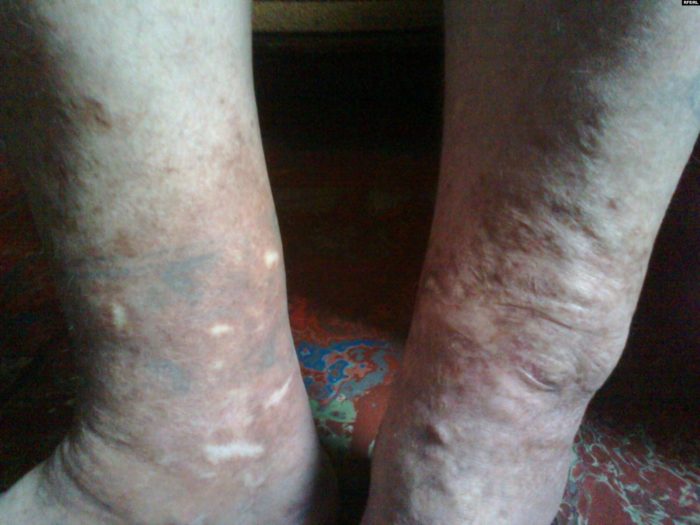
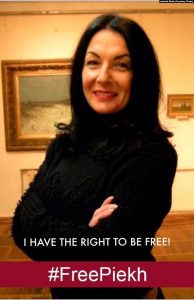
They captured Olena Piekh, the mother of our interlocutor Izabela, in occupied Horlivka on 9 August 2018 and took her to Donetsk, where she was initially held in an unidentified military unit. Russian hybrid forces accused the woman of espionage and recruitment, took her to the military unit, and methodically tortured the woman for several months, according to Izabela. In Olena's words, Russians, not the east-Ukrainian locals, were doing this -- their accent was a giveaway.
“[It lasted] up until they drove her to a suicide attempt. After that, she started having problems with her legs and having trouble walking. And this is getting worse. I keep trying to pass her a cane there, Hope I will succeed,” says Izabela.
In June 2014, Izabella moved with her mom to Odesa. Before the war, Olena worked as a research assistant and was an art critic. Their relations with relatives who remained in the uncontrolled part of Donbas weren't smooth due to Olena's and Izabela's pro-Ukrainian position. In 2016, Izabela's grandmother suffered a stroke, so Olena started visiting occupied Horlivka regularly to take care of her ailing mother.
Two years later, Russian militants broke into her home in Horlivka and took her away. For three months, there was no news about Olena and she was officially missing. Later it became known that all this time they held her in a military unit.
“The torture lasted for every three consecutive days, then there was a break. Three-day torture, one day off! Mom's official diagnosis is epilepsy that no one looks at or pays attention to. During the torture, when she said this, she was told, 'That's fine, we're going to cure you.' When she had seizures, they laughed at her,” Izabela said to Radio Svododa's Donbas.Realii.
A month later, on 25 September 2018, Olena Piekh slit her veins as she found a rusty nail in her cell and asked the guards to bring a bowl of water. They revived the woman, forced her to sign a confession, and, in late October 2018, moved her to SIZO, a pre-trial detention center. That's when she first got in touch with her daughter.
Read also:
- I survived the basement prisons of the “Luhansk People’s Republic.” Here is what I saw. Part 1
- I narrowly escaped death in dungeons of the “Luhansk People’s Republic.” This is what saved me. Part 2
Sentenced to 13 years in prison for treason to "motherland"
There was no longer torture in the SIZO, and in March 2020, the Donetsk occupation authorities convicted Olena Piekh of "treason" and sentenced her to 13 years in prison. Now she is in the women's colony in the city of Snizhne, she was in the exchange lists three times but was never released. Representatives of the Red Cross were also not allowed to see her, and there is virtually no medicines for epilepsy there.
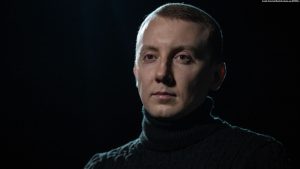
Most of those detained in ORDLO (the certain areas of Donetsk and Luhansk oblasts, an official designation for the occupied territories in the Donbas, - Ed.) have nothing to do with the Ukrainian special services, says Stanislav Aseyev, an expert at the Ukrainian Institute of the Future, a former correspondent for Radio Donbas.Realii in Donetsk. He himself was held captive by militants from May 2017 to December 2019. In captivity, he starved, was convicted of alleged espionage for 15 years, and got out of jail only thanks to a prisoner exchange.
“In fact, a larger part of them is like this, and there is only a small percentage of people linked to special services. Among civilians, I mean. So yes, it may well be this way. By the means of torture, most of them get trumped-up [criminal] 'articles', and then they use them for the 'exchange fund',” Aseyev says.
Read also: Donetsk art center turned into concentration camp: former hostages share their memories
Only "Kremlin rabbis" can improve this situation: representative of Ukrainian Jewish organization
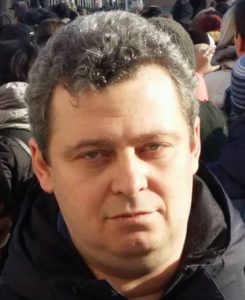
As of today, the Russian side has completely stalled the prisoner exchange process, Izabela says. She is in touch with the Office of the President and the SBU's anti-terrorist center. In captivity, her mother was also bullied because of her Jewish roots, and Izabella relayed it to Pavel Feldblum, the chairman of the Trustee Board of the Union of Jewish Religious Organizations of Ukraine.
They met in the Halytska synagogue of Kyiv, and, according to Feldblum, he is still under a terrible impression of this situation. Olena Piekh is one of the dozens and hundreds of Ukrainian prisoners kept in dungeons in Donetsk, Crimea, and Russia. No matter are they Ukrainians, Crimean Tatars, or Jews, the Jewish community worries about everyone, Feldblum stressed in his commentary to Donbas.Realii.
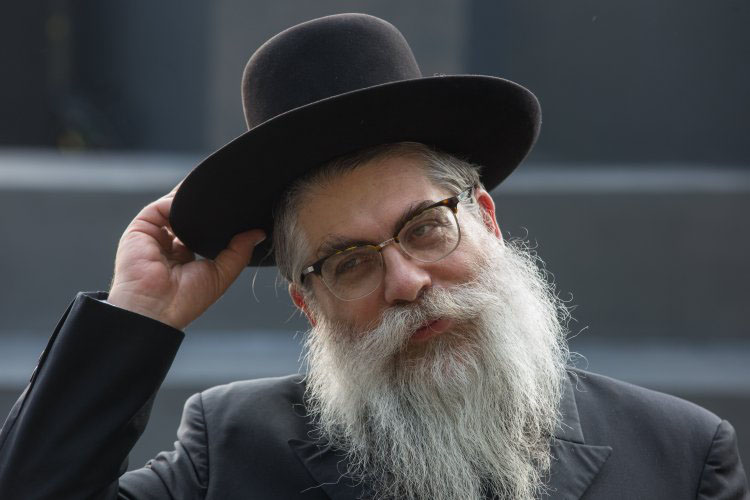
“As we get it, the keys to this situation are in Moscow. Not unless the 'Kremlin rabbis' will hear about this, but I treat them with contempt, they have become part of the 'Russian world' and of the power vertical in Russia. It is hard to imagine that they would suddenly be easger to help a particular Olena Piekh, but who knows. In any case, the Almighty controls everything,” says Feldblum.
Jewish organizations are regular participants in actions to support the Ukrainian hostages, the Chief Rabbi of Ukraine Yaakov Dov Bleich already knows about Olena Piekh's situation, according to Feldblum.
Militants tried to take away the hostage's Star of David
Izabela says that her mother always wore a six-pointed Star of David around her neck. This caused discontent among the guards. A female militant cut off this decoration and threw it on the floor. Olena miraculously managed to save the star, says her daughter. In Donetsk, both her mother and she didn't attend the Jewish community very often, but at times of trial it turned out to be important for them. Today Izabela says she wants to reach out to the Israeli Ambassador to Ukraine, maybe he could speed up the exchange process.
Further reading:
- I survived the basement prisons of the “Luhansk People’s Republic.” Here is what I saw. Part 1
- I narrowly escaped death in dungeons of the “Luhansk People’s Republic.” This is what saved me. Part 2
- Donetsk art center turned into concentration camp: former hostages share their memories
- War crimes in occupied Donbas: every second prisoner tortured, 16% witnessed executions
- A businessman, nurse & food technologist: stories of three civilian hostages in occupied Donbas
- These four stories show anybody can be jailed in occupied Donbas (and you, too)
- “Russians taught how to torture.” Ex-captives of Donbas “republics” share horrors of basement prisons
- Ex-Kremlin prisoners tell about torture, horrors of Russian prisons
- Surviving the “DNR/LNR”. Photo project reveals the horror of captivity
- Luhansk militants tortured disabled Ukrainian woman to make her “confess” she is a spy
- Ukrainian journalist missing in occupied Donetsk, illegal arrest suspected
- Ukrainian hostages in the “LNR” and “DNR: The price of life
- The dangerous life of pro-Ukrainian activists in occupied Donbas

